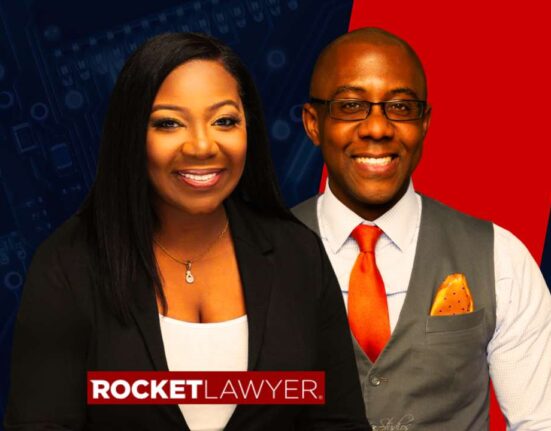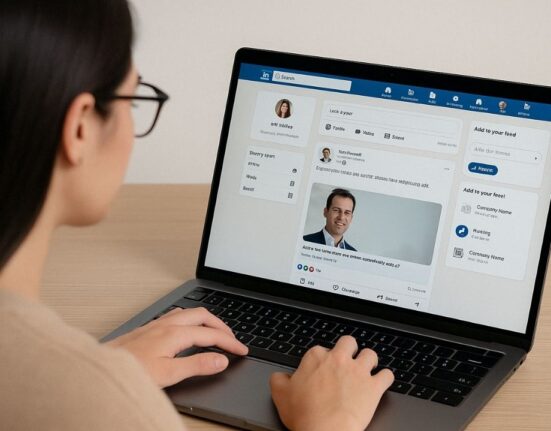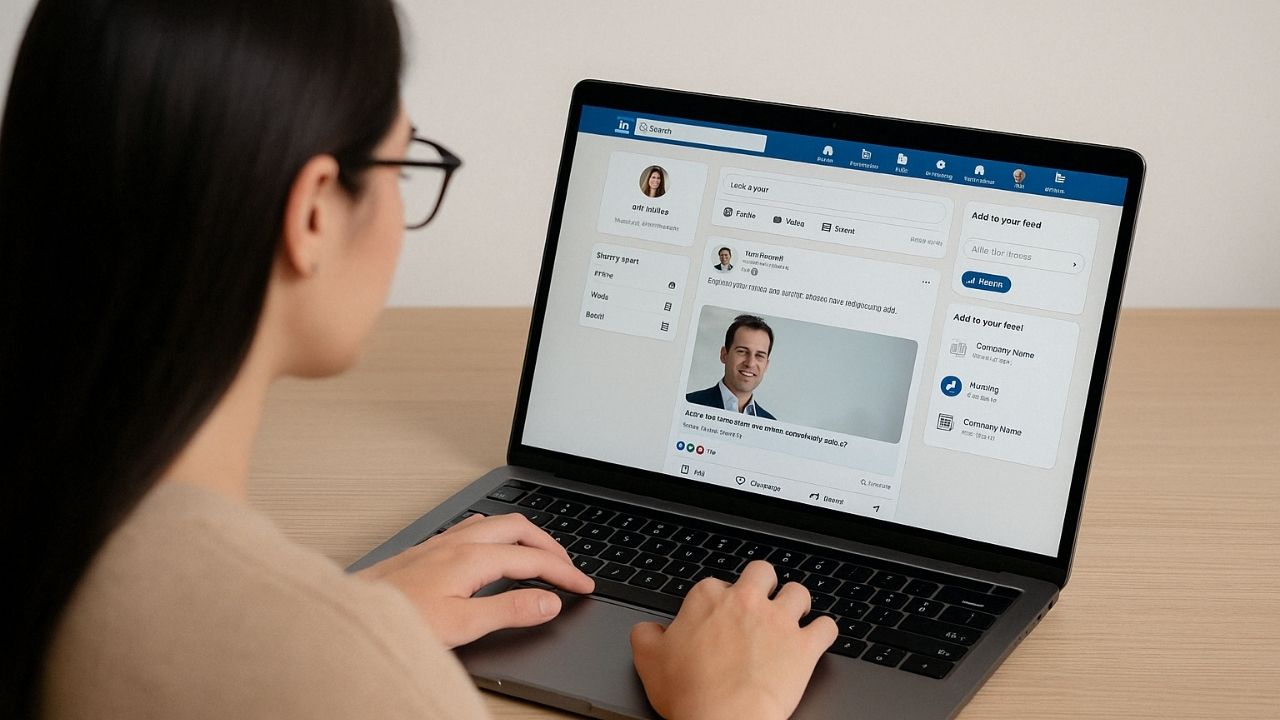WSJ recently wrote about extreme renters. People who own nothing and choose to rent. We covered it on The Rundown with Ramon Show. It got me thinking, which one is better? Or does it depend? Renting has a lot of great options. You get new clothes on a regular basis; you have more flexibility – it seems. However, it’s probably more expensive in the long run.
As a small business owner, one of the most critical decisions you’ll face is whether to buy or lease essential assets for your company. This choice can significantly impact your finances, operations, and long-term success. Let’s explore the pros and cons of both options to help you make an informed decision.
Buying: Pros and Cons
Pros of Buying:
- Ownership: When you buy, you own the asset outright. This gives you full control over its use and any potential modifications.
- Long-term cost savings: Although the initial investment is higher, buying can be more cost-effective in the long run, especially for assets you plan to use for many years.
- Tax benefits: You may be able to deduct the depreciation of the asset over time, which can lead to significant tax savings.
- Builds equity: As you pay off any loans used to purchase the asset, you build equity in your business.
- No usage restrictions: Unlike leases, which may have mileage or usage limits, owned assets can be used as much as needed without additional costs.
Cons of Buying:
- Higher upfront costs: Purchasing an asset often requires a substantial initial investment, which can strain your cash flow.
- Maintenance responsibility: You’re responsible for all maintenance and repair costs, which can be unpredictable and expensive.
- Risk of obsolescence: Technology and equipment can become outdated quickly, leaving you with an asset that may not meet your future needs.
- Less flexibility: It’s harder to upgrade or change equipment when you own it outright.
- Ties up capital: Money spent on buying assets could potentially be used for other business opportunities.
Leasing: Pros and Cons
Pros of Leasing:
- Lower upfront costs: Leasing typically requires less money upfront, preserving your cash flow for other business needs.
- Predictable payments: Fixed monthly payments make budgeting easier and more predictable.
- Access to latest technology: Leases often allow you to upgrade to newer models more easily, keeping your business current.
- Maintenance may be included: Some leases include maintenance, reducing unexpected repair costs.
- Tax deductions: Lease payments are often fully tax-deductible as business expenses.
- Flexibility: It’s easier to change or upgrade equipment at the end of a lease term.
Cons of Leasing:
- Higher long-term costs: Over time, leasing can be more expensive than buying, especially for assets with a long useful life.
- No ownership: At the end of the lease, you don’t own the asset unless you choose to buy it (often at a premium).
- Usage restrictions: Leases may come with limitations on how you can use the asset.
- Ongoing obligation: You’re committed to payments for the entire lease term, even if you no longer need the asset.
- No equity build-up: Lease payments don’t build equity in your business.
Making the Decision
To decide between buying and leasing, consider:
- Cash flow: If preserving cash is crucial, leasing might be preferable.
- Long-term plans: If you plan to use the asset for many years, buying could be more cost-effective.
- Type of asset: Fast-depreciating assets like technology might be better to lease, while stable assets like real estate might be better to buy.
- Tax situation: Consult with a tax professional to understand the implications for your specific business.
- Industry trends: Consider how quickly technology in your industry becomes obsolete.
Remember, there’s no one-size-fits-all answer. The right choice depends on your specific business needs, financial situation, and long-term goals. Consider each major purchase or lease carefully, and don’t hesitate to consult with financial advisors or fellow business owners for additional insights.
Related articles:
Playing The Long Game Is Not Just for Big Brands. It’s for Small Brands Too.











